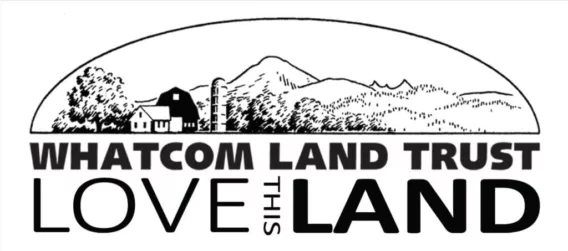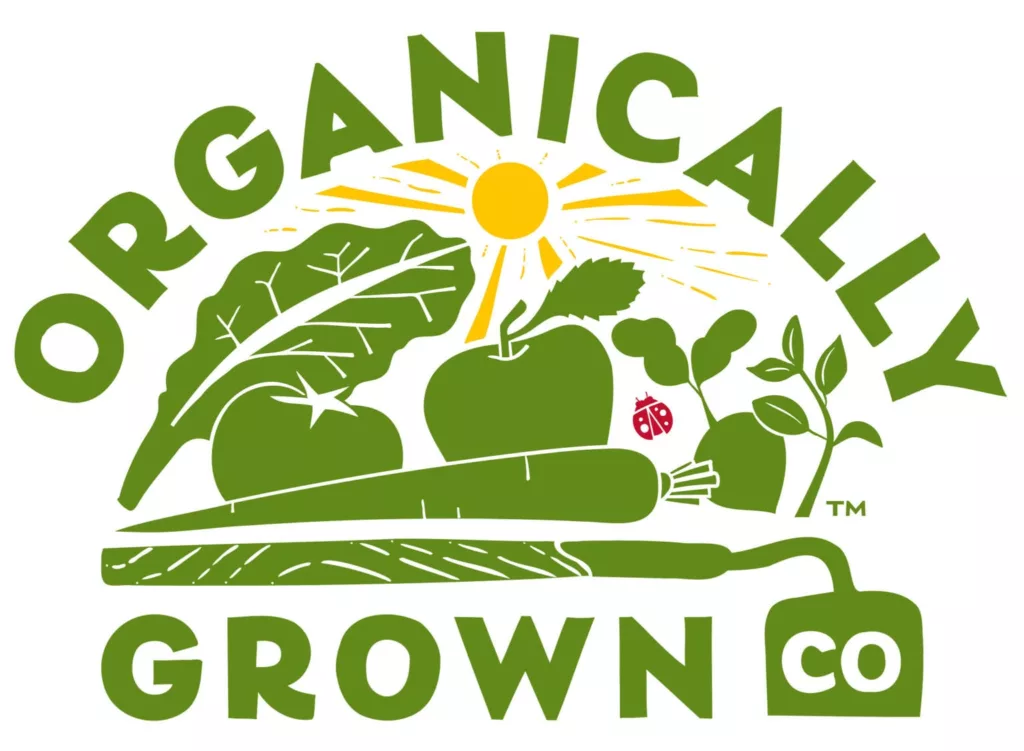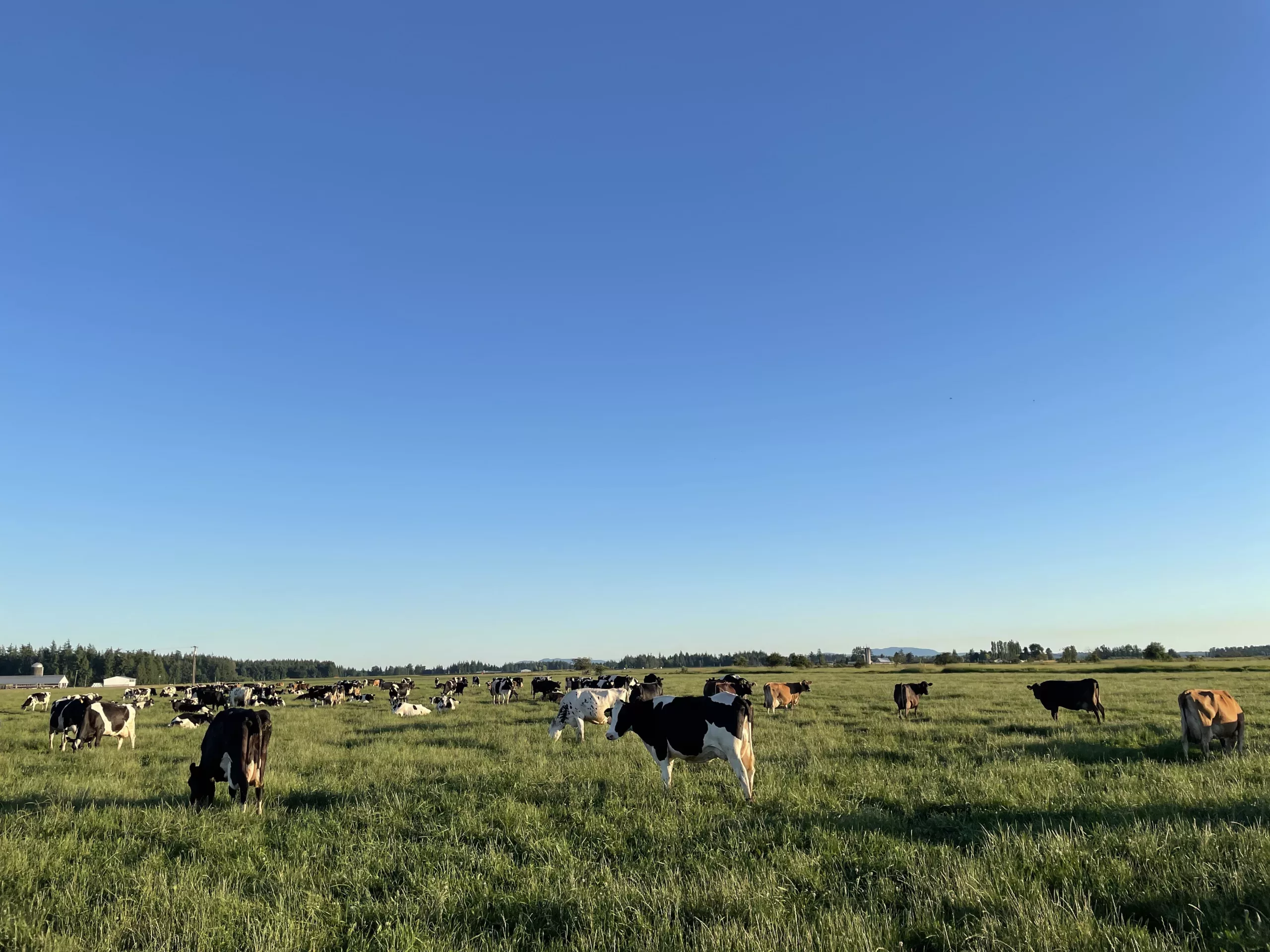
Farm Fund
The Community Food Co-op’s Farm Fund works to increase the supply of local, sustainable, and organic food by supporting projects that strengthen the local farming community. Since 2000, the Co-op has dedicated a portion of its annual donation budget to the Farm Fund.
The Co-op Farm Fund has provided over $640,000 to 113 local food and farming projects through grants, loans, scholarships, and emergency funds.
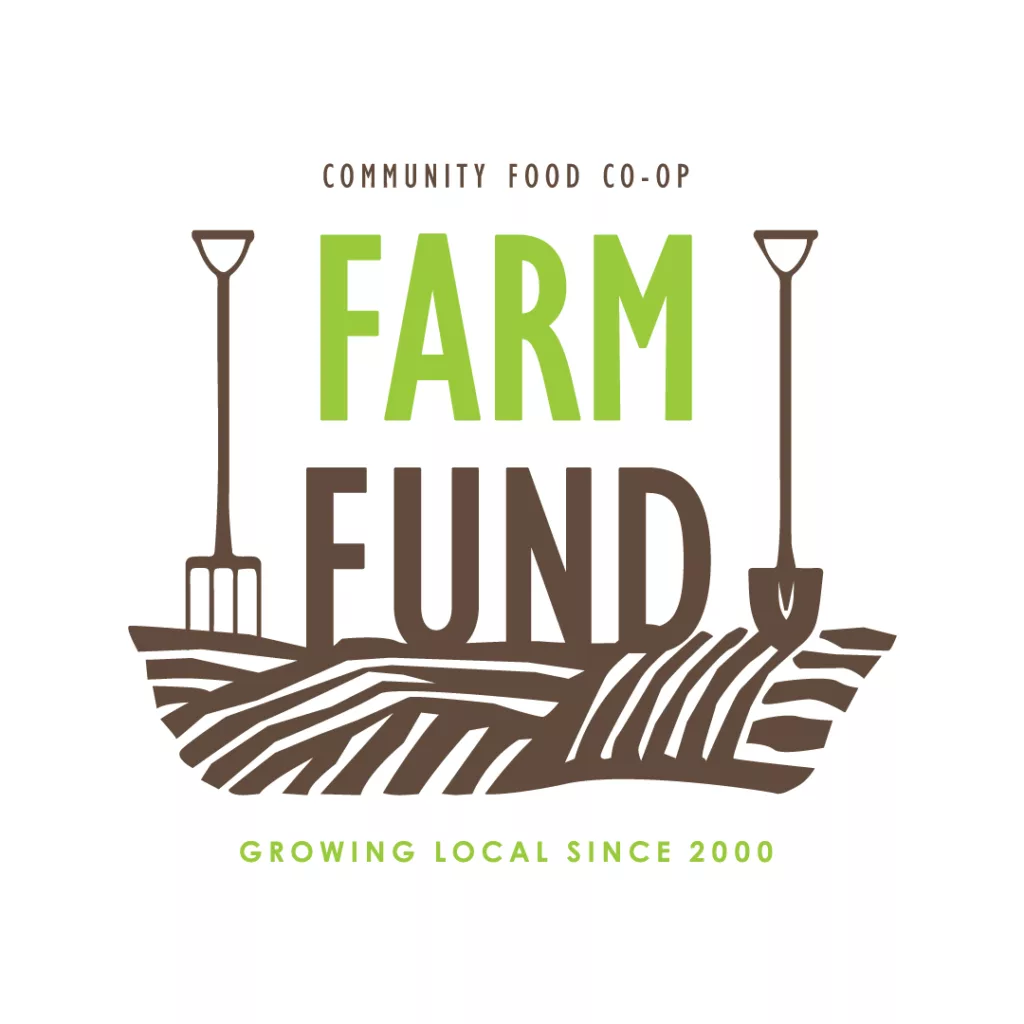
Be a Farm Funder!
Co-op members have played a critical role to the success of the Farm Fund by donating at the registers and online. Additional support for the Farm Fund is provided by the Sustainable Whatcom Fund of the Whatcom Community Foundation and the Industrial Credit Union.
You can help support and strengthen our local farming community. It’s easy!
Learn more about the Farm Fund’s history of success and help us grow the Farm Fund for even more local, organic, and sustainable food!
Farm Fund Recipients
Get to know a few of our Farm Fund recipients over the years including, but not limited to, Viva Farms, Ebb & Flow Herb Farm, and Brittle Barn Farms.
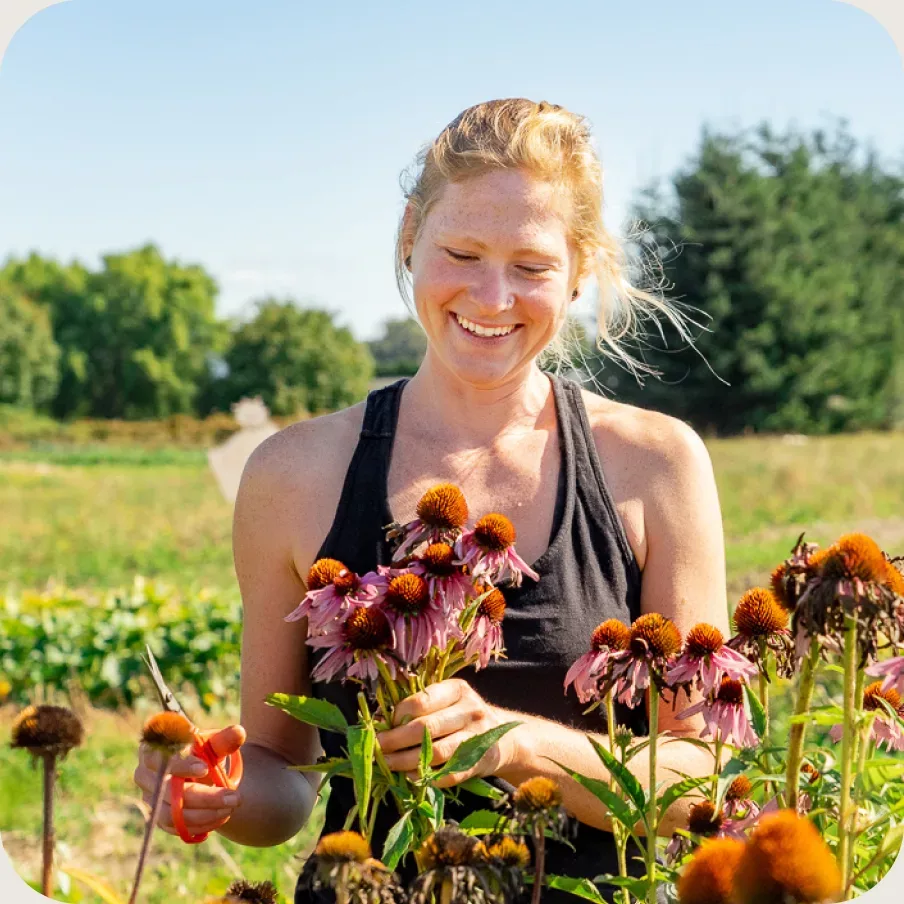
Co-op Farm Fund Grants and Loan Program
The Farm Fund is now accepting applications for the First Step Grant, Next Step Grant, and the low-interest Farm Fund Secured Loan.
First Step Grant
The Farm Fund First Grant application period is open until January 19, 2024.
The First Grant program distributes a limited number of grants of up to approximately $3,000 for projects that address immediate and critical farm needs, flood recovery, and market expansion. Priority consideration is given to farmers who face systemic barriers.
Apply online using the links above or download the application materials here: First Step Application, Solicitud de subvención del primer paso del Fondo Agrícola.
Next Step Grant
The Next Step Grant application period is open until January 19, 2024.
The Next Step Grant program is designed to support local farmers who want to expand their business to supply wholesale markets. Next Step accepts proposals for grants of $1,250 to $5,000. Priority consideration is given to farmers who face systemic barriers.
Apply online using the links above or download the application materials here: Next Step Application, Solicitud de subvención de Siguiente Paso del Fondo Agrícola.
Low-Interest Secured Loans
The Secured Loan program accepts applications on a rolling basis throughout the year.
The Co-op Farm Fund secures low-interest loans at 3% for sustainable farm improvement projects in partnership with the Industrial Credit Union.
Details about the program and contact information are included in the applications.
Both Co-op Farm Fund Secured Loan and Industrial Credit Union Loan applications are required.
For more information on the grants or loan program, contact the Farm Fund Administrator, Annabelle Rosborough, at [email protected] or 360-724-8158 ext. 317.
The Farm Fund is guided by a volunteer advisory committee of local farmers, food and farming advocacy groups, and Co-op members:
- Margaret Gerard – Farm Manager, Sunseed Farm; Community Food Co-op Board director
- Erik Olsen – Owner, Well Fed Farm
- Laura Ridenour – Consultant & Small Farm Direct Marketing Specialist
- Jade Vantreese – Communications Manager, Non-GMO Project
- Hank Bertholf – Floral Department Head, Community Food Co-op
- Anna Chotzen – Director of Farm Viability, Viva Farms
- Mike Finger – Owner, Cedarville Farm
- Madeline McGonagle – Food Access Manager, Skagit Food Distribution Center
- Mauricio Soto – Owner, Arado Farm
For more information, contact Farm Fund Administrator Annabelle Rosborough at [email protected] or 360.734.8158 x 317.
Our Community Partners
Thanks to these organizations for supporting the Farm Fund:

